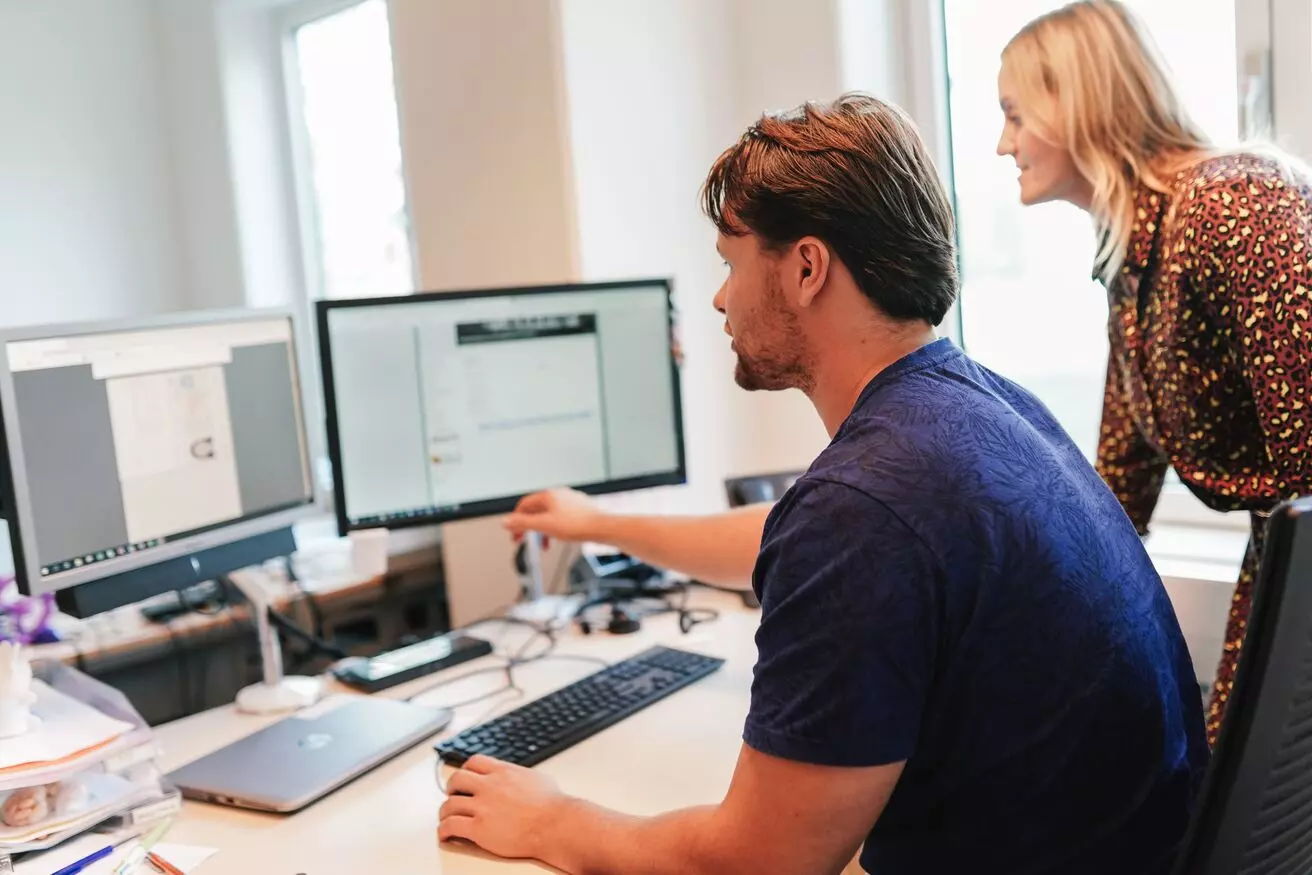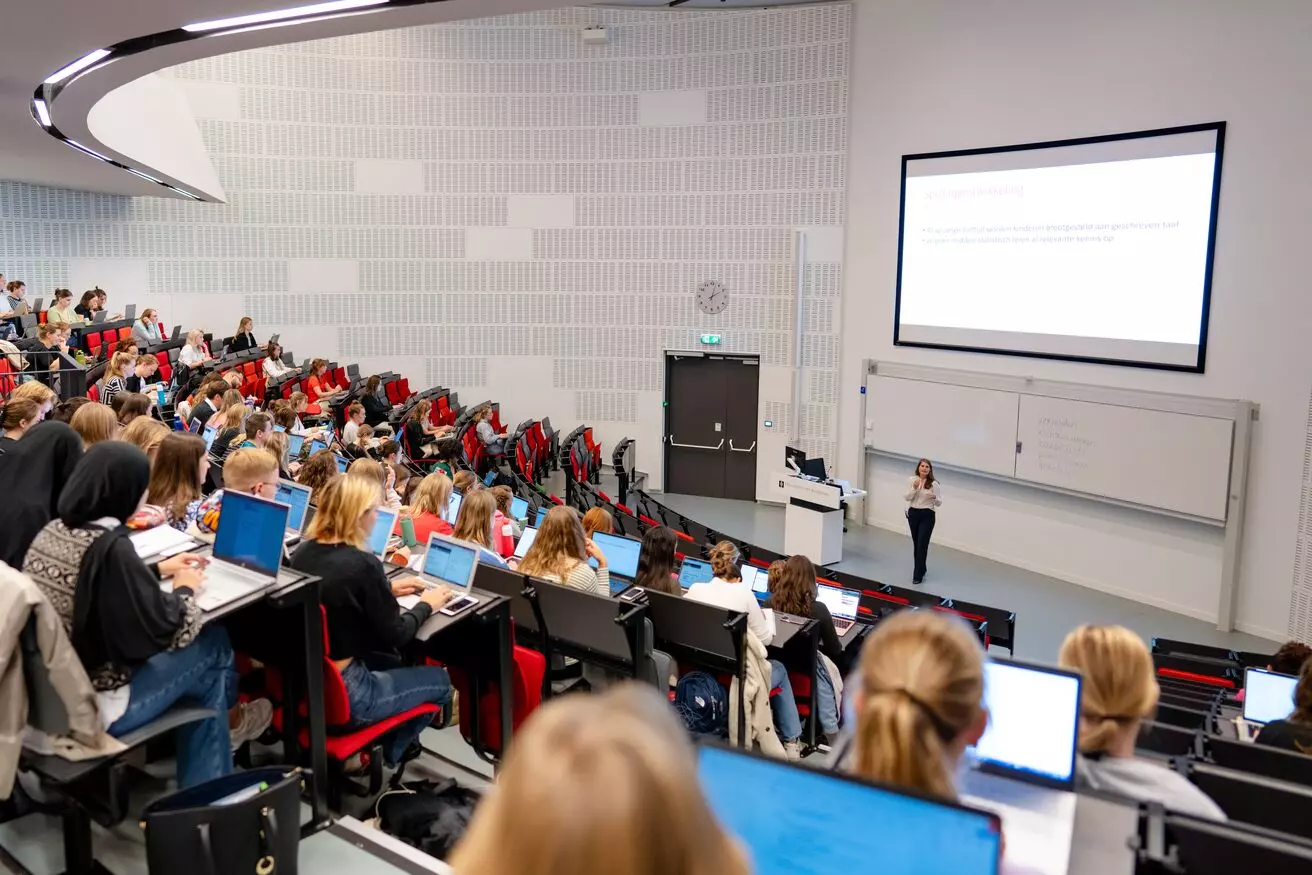This website uses cookies
We, and third parties, use cookies on our website. We use cookies to ensure that our website functions properly, to store your preferences, to gain insight into visitor behavior, but also for marketing and social media purposes (showing personalized advertisements). By clicking 'Accept', you agree to the use of all cookies. In our Cookie Statement. you can read more about the cookies we use and save or change your preferences. By clicking 'Refuse' you only agree to the use of functional cookies.
Not found

More vacancies

Postdoc position: Algebraic Complexity, Asymptotic Spectra and Tensors
- Faculty of Science
- €3.546 - €5.538
- PhD
- Closes on16-01-2026
Do you enjoy working on interdisciplinary research problems at the intersection of mathematics, theoretical computer science and quantum information theory? Are you interested in algebraic complexity theory, fast matrix multiplication algorithms, the geometry and representation theory of tensors, asymptotic spectrum duality, and applications? The research group of Jeroen Zuiddam at University of Amsterdam is looking for an enthusiastic postdoctoral researcher to advance various exciting research directions.
View vacancy

Faculty position in GRAPPA Center of Excellence
- Faculty of Science
- €4.728 - €6.433
- PhD
- Closes on31-01-2026
Do you enjoy working in an interdisciplinary research setting and do you want to be active in the area of gravitational-wave and multi-messenger astrophysics? The Gravitation and Astroparticle Physics Amsterdam (GRAPPA) Centre of Excellence at The University of Amsterdam is seeking to hire one assistant/associate professor. We are especially interested in candidates that can strengthen our connection to current and future gravitational-wave, neutrino, and electromagnetic observatories. We have a strong preference for a staff member who enhances the diversity of our staff and will prioritize applicants from members of underrepresented groups.
View vacancy
.jpg)
PhD Position in Automated Chemical Research Platforms
- Faculty of Science
- €3.059 - €3.881
- Master's
- Closes on15-01-2026
Are you fascinated by the future of chemical research and curious about how automation and data-driven approaches are reshaping laboratories? Do you want to contribute to an ambitious, interdisciplinary research project at the interface of chemistry, technology and industry? Then this PhD position within the INCEPTION project may be for you.
View vacancy
